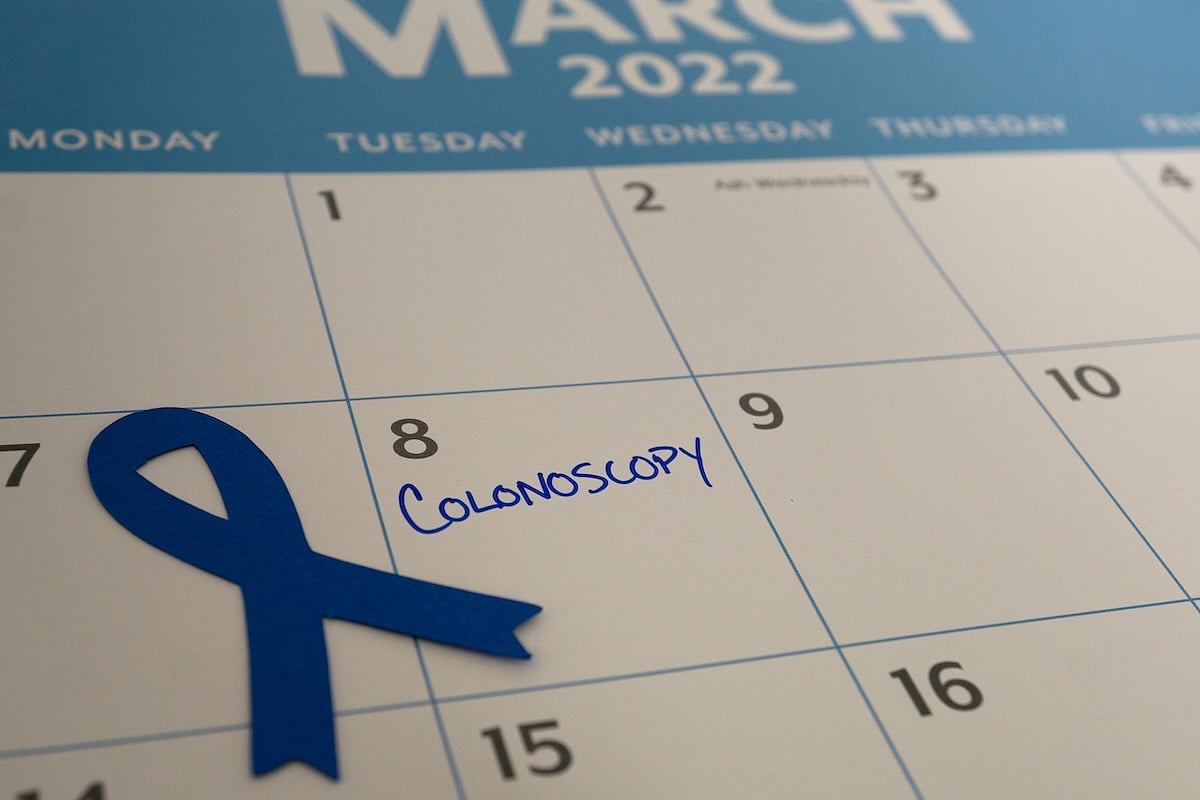Patient Resources
Get Healthy!
Navigators Help Patients Get Colonoscopy For Suspected Cancer
- April 1, 2025
- Dennis Thompson
- HealthDay Reporter

Personalized support can help more people at risk of colon cancer attend a potentially life-saving colonoscopy appointment, a new study says.
About 55% of people assigned a patient navigator got a follow-up colonoscopy after their stool test revealed a risk of colon cancer, compared with nearly 43% of patients who were simply notified of the abnormal test and given a referral, researchers reported March 31 in the Annals of Internal Medicine.
“It is important for patients with abnormal stool test results to get a colonoscopy as soon as possible to prevent an increased risk of colorectal cancer and later-stage cancer detection,” lead researcher Gloria Coronado, the University of Arizona Cancer Center’s associate director of population science, said in a news release.
“We found that using patient navigators improved rates of colonoscopy follow-up and reduced time to follow-up among patients who had an abnormal fecal immunochemical test, or FIT test,” she said. “This guidance through the process can improve patient survival rates through earlier cancer detection.”
Patient navigators are workers trained to guide people through America’s often-complex health care system.
In this study, navigators mailed letters, made phone calls and sent text messages to help people get to a follow-up colonoscopy after an abnormal stool test.
People eligible for colon cancer screening have the option to take an annual stool test or a colonoscopy every 10 years. Because colonoscopy is an invasive procedure that requires taking powerful laxatives in preparation, many people opt for the stool test.
However, a test that finds blood or genetic evidence of cancer in a person’s stool must be promptly followed by a colonoscopy. During the procedure, doctors can remove pre-cancerous polyps and in some cases treat colon cancer on the spot.
Patients are seven times more likely to die from colon cancer if they delay their follow-up colonoscopy, Coronado noted.
Colon cancer is the second most common cause of cancer deaths in the United States, researchers said in background notes.
For this study, researchers recruited 970 patients with abnormal stool test results who are patients at Sea Mar Community Health Centers, a federally qualified health center that operates 32 clinics in western Washington.
Of those patients, 479 were assigned a patient navigator. The navigator helped them solve problems related to getting their colonoscopy, guided through preparation and check-in, and then checked up on them after the procedure.
In all, the navigator made up to six attempts to reach patients weekdays between 8 a.m. and 6 p.m. They tried up to 12 more times and sent a follow-up letter to those who couldn't be reached.
The rest of the patients got up to two phone calls and a letter to schedule a colonoscopy appointment, which is usual care.
Patient navigation resulted in a 12-percentage-point improvement in colonoscopy completion rates within a year after an abnormal stool test, compared with the usual care, results show.
Patients with a navigator also got their colonoscopy an average of 27 days sooner than those without the assist, researchers found.
“By standardizing navigation, clinics can establish procedures that include notifying patients of their results and assisting them in understanding the importance of a colonoscopy,” Coronado concluded.
More information
The American Cancer Society has more on patient navigators.
SOURCE: University of Arizona, news release, March 31, 2025

